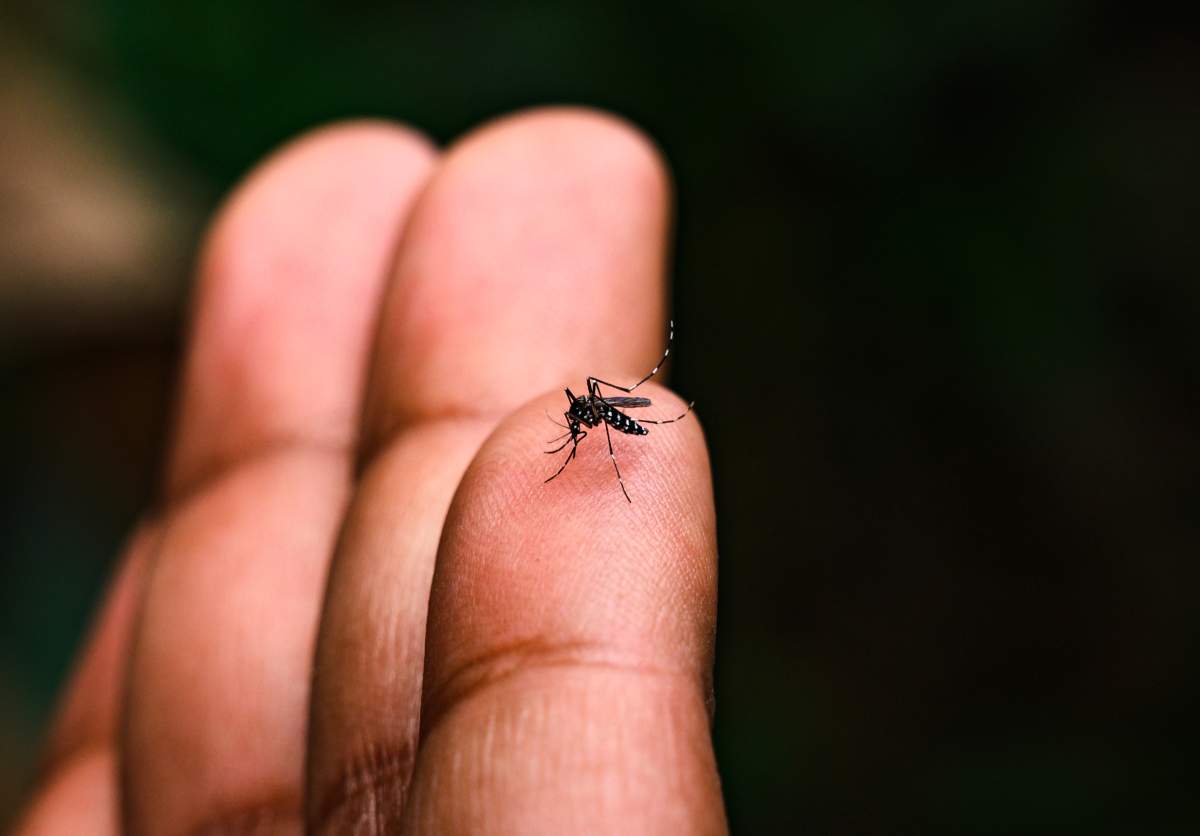The Middlesex-London Health Unit is reporting the first locally acquired human case of West Nile virus for this year.

Last month, four mosquito water basins tested positive for the virus across the region, but Friday marks the first recorded human case this year. Around 80 per cent of people who contract the virus experience no symptoms, with less than one per cent of cases being severe.
“The symptoms of (severe cases) include high fevers and can lead to neurologic symptoms such as seizures or coma. That obviously is the most severe progression of the disease, so those would typically be reported to us as well,” says Dr. Joanne Kearon, associate medical officer of health at the MLHU. “However, we do also sometimes find out about those 80 per cent of people who don’t actually develop symptoms. In this situation, for example, we were notified due to the test being positive on somebody who was donating blood.”
According to Public Health Ontario, there have been four cases of the virus across the province. In addition, there have been 64 positive mosquito pools across Ontario.

Get weekly health news
The record-level rainfall over 2024 has contributed to ideal breeding and living conditions for mosquitoes, which officials say is responsible for the large increases in mosquito populations this summer. To date, the vector-borne disease team at the MLHU has administered two rounds of treatment on approximately 70,000 catch basins and has also completed 668 surface water treatments at approximately 185 sites.
“We usually begin to see West Nile virus in humans more in September. However, due to the large amount of rainfall that we’ve had recently, we’ve actually seen a large increase in mosquitoes and larvae because of all the water, which I’m sure many people can relate to in terms of their experience of their backyards right now,” says Kearon.
Officials say the MLHU monitors and controls mosquito species to reduce the spread of the virus through sampling around 250 standing water sites throughout the region. According to the MLHU, staff collect mosquito larvae samples, and if those samples are identified to be potential carriers of viruses, licensed staff will perform a larvicide treatment on that area of standing water. There are around 12 species of mosquito that can transmit and carry the virus.
Humans get the virus from bites of infected mosquitoes, which contract the blood-borne virus from the blood of infected birds. It can then be transmitted from mosquitoes to humans through a bite. Eighty per cent of people who contract the virus experience no symptoms, and for those who do experience symptoms they are mild and flu-like. In less than one per cent of cases, symptoms are severe.
Steps can be taken to prevent mosquito bites and stop larvae from forming, including removing standing water outside the home and fixing tears in windows and screen doors.
“It is important to exercise caution and ensure the safety of both you and your loved ones against mosquito bites,” says Jeremy Hogeveen, safe water, tobacco enforcement and vector-borne disease co-ordinator with the MLHU.
“Wear an insect repellant that contains DEET, cover exposed skin with light-coloured clothing, and try to avoid the outdoors at dawn and dusk, when mosquitoes are most active.”
The MLHU is continuing surveillance and control efforts throughout the region.











Comments